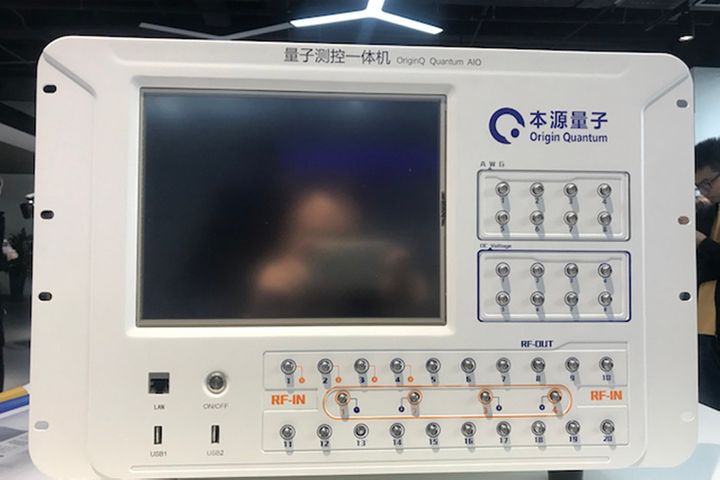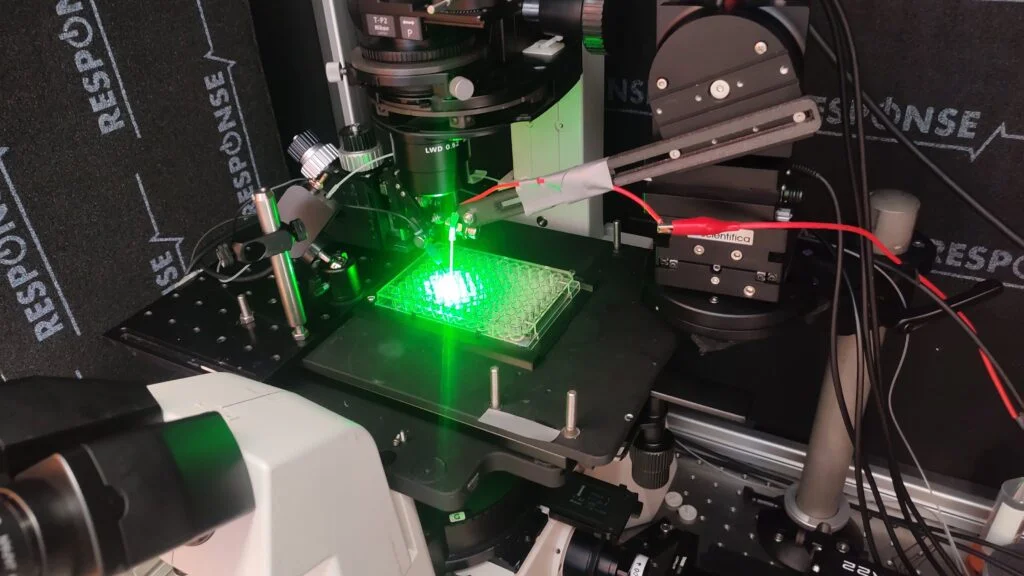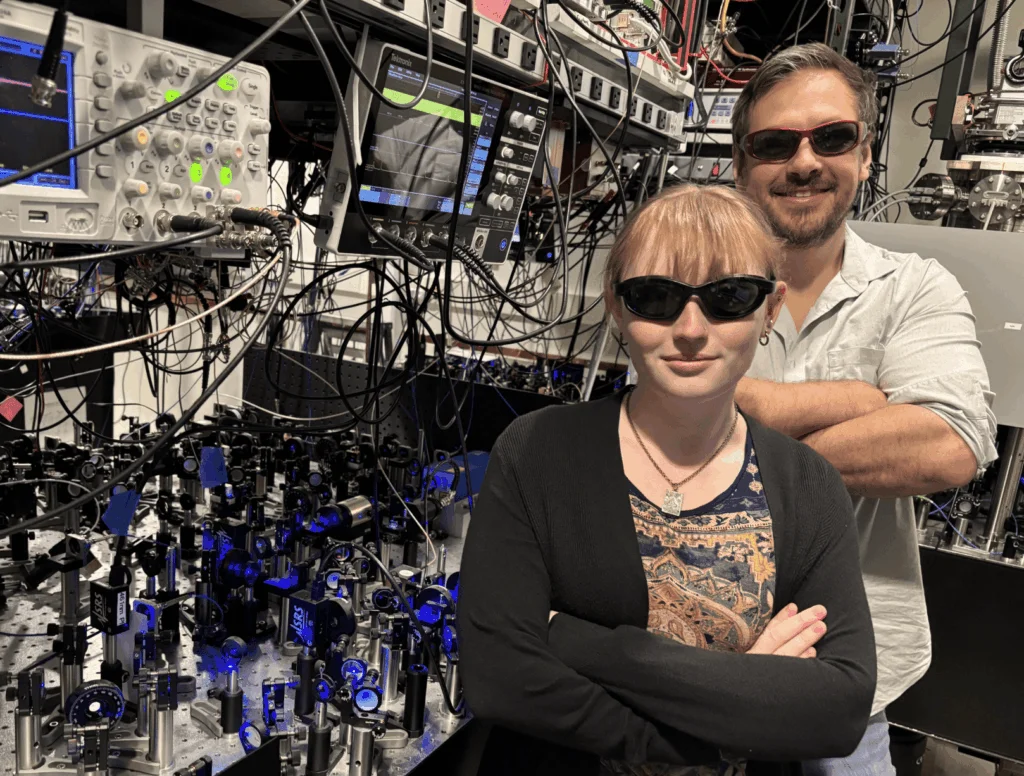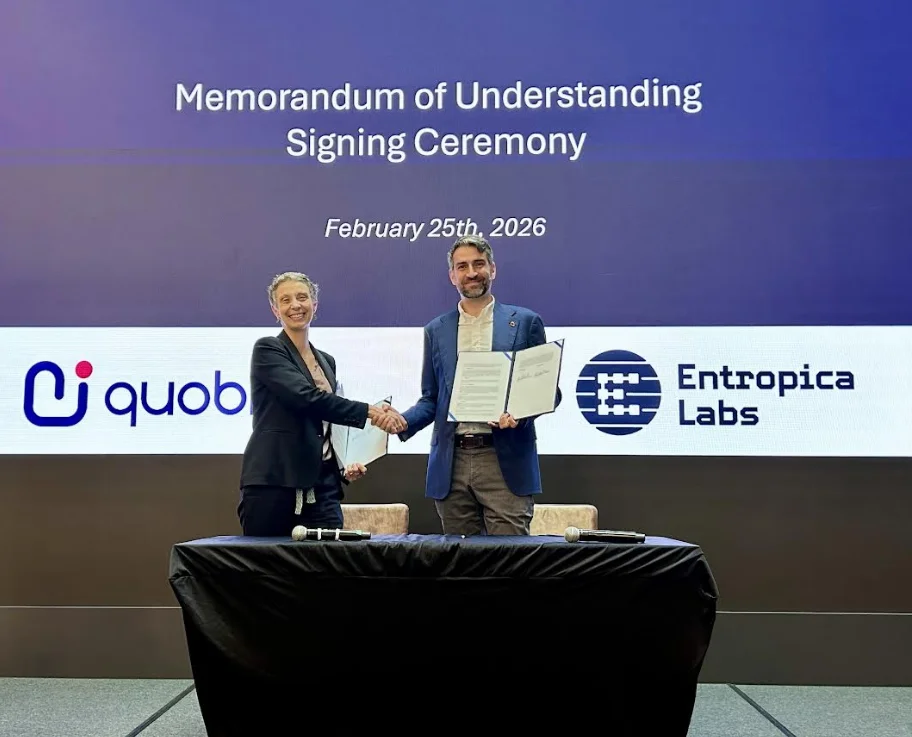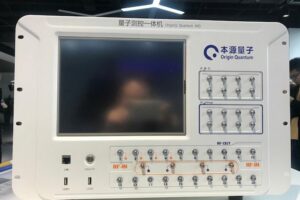
As a gift for it fourth anniversary of its founding, China’s Origin Quantum set an ambitious roadmap with the development of a 1024-qubit quantum computer by 2025, according to computer-translated company statement.
The announcement said that the roadmap predicts the company would launch a 64-bit superconducting quantum chip by the end of 2021 and further improvements would continue in three stages over the next few years. Origin is a leading quantum computing company located in China’s Hefei High-tech Zone.
“The new design layout increases the scalability of the chip,” the company said. “At the beginning of 2022, it will try to break through 144 bits. By 2025, 1024 qubits will be realized.”
Zhang Hui, general manager of Origin Quantum, said that the first stage includes work on a superconducting quantum computer prototype before 2022, focusing mainly on chip fidelity and scalability. The second phase will break through to 1000 qubits in 2025 and try to solve special problems in various industries and develop industry fields. In the third stage, multi-core parallel processing is used as the number of chip bits reaches a certain level.

“The quantum computer operating system independently developed by the source can realize full scheduling of quantum resources and is expected to realize a general-purpose quantum computer,” the company reports.
Zhang Hui said that current research and development is moving from quantum computer prototypes to NISQ quantum computers.
The 1000-plus qubit goal is shared by other quantum computer makers, including IBM. Origin calls the 1000-plus goal as a “key node “for the expansion of general-purpose quantum computers. But it’s really just the beginning, Zhang Hui said.
“Once the quantum computer of the superconducting physics system reaches 1000-plus qubits, it may be a devastating blow to other technological paths.” Zhang Hui said. “But for general-purpose quantum computers, it may still need to reach a million bits. At present, one of the biggest problems to be overcome in the realization of a general-purpose quantum computer is to solve the problem of error correction and fault tolerance. If the problem of error correction and fault tolerance cannot be solved, it may not be possible to realize a general-purpose quantum computer for a long time. It has no effect on special quantum computers. But if it is like the classical computers we are using now, it is error-correcting and fault-tolerant. Once a breakthrough is made, general-purpose quantum computers will be just around the corner.”
Underlying the roadmap is Origin’s desire to move the quantum computer out of lab and into people’s lives. To do that, the company has connected with other industries that will one day use quantum computers to solve difficult problems.
Origin Quantum established China’s first quantum computing industry alliance. They added that many domestic companies have joined the Quantum Industry Application Alliance, including CCB International, Orient Securities, CICC Capital, UnionPay Commerce, Demei Chemicals, GenScript, Hanhai Boxing, and Ruikang Biotechnology.

